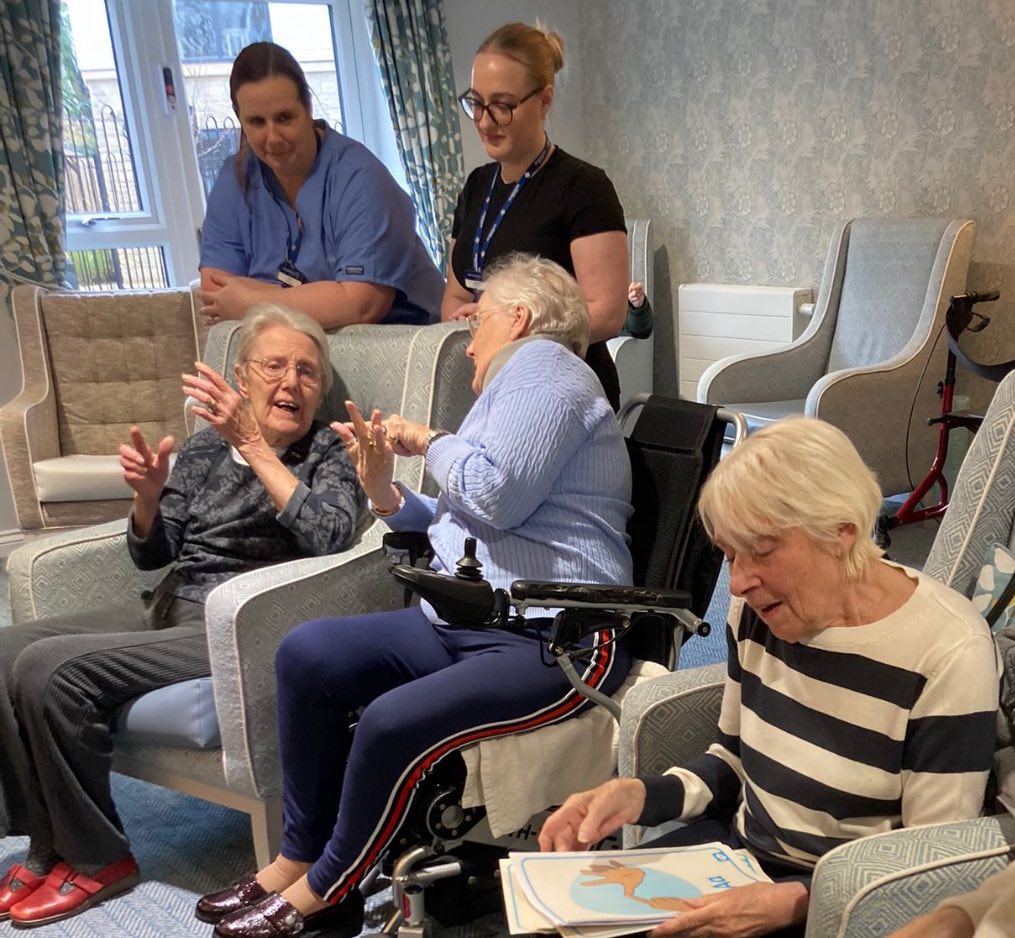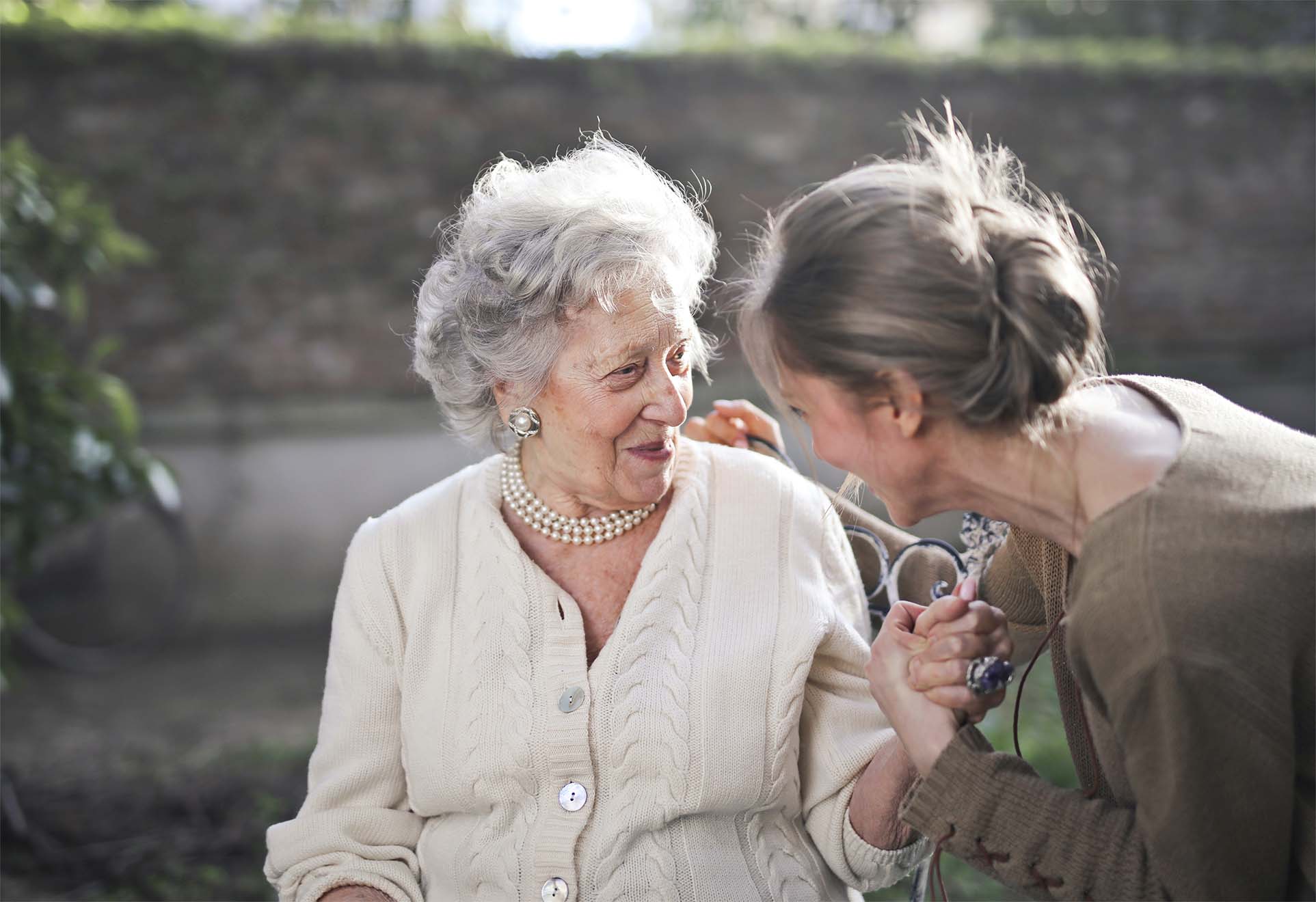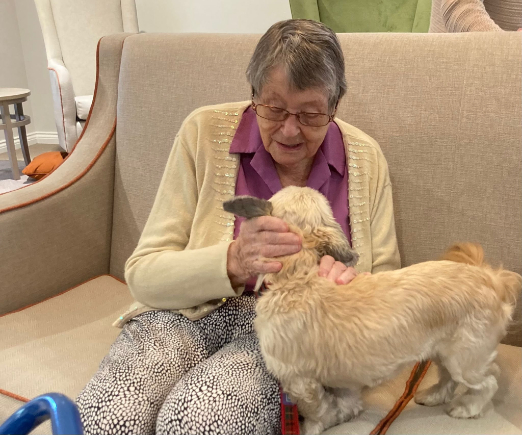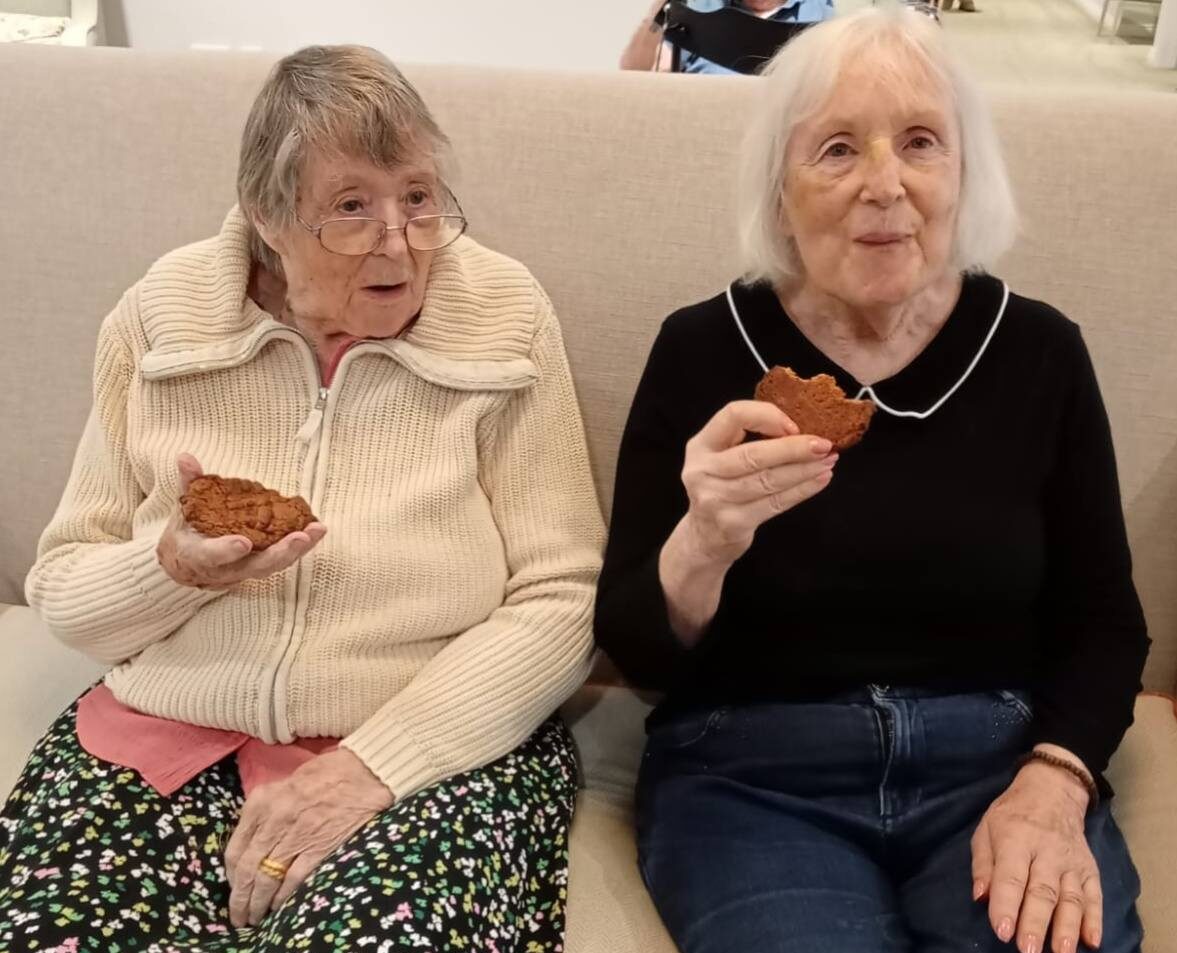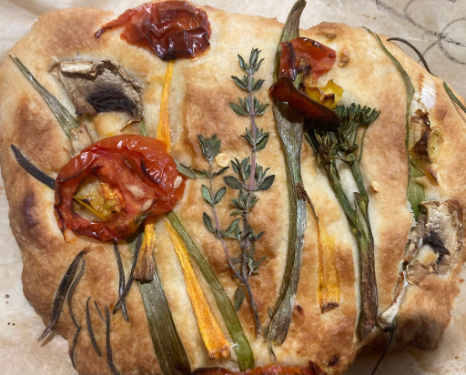Meaningful Activities in a Care Home
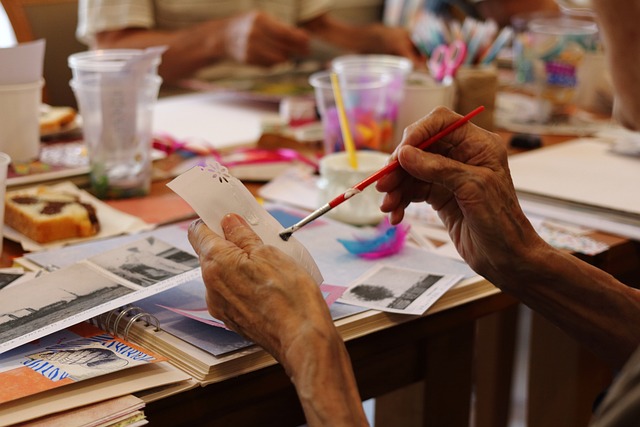
What Does a Meaningful Activity Mean?
Activities in care homes aren’t just there to give residents something to do or keep them entertained; they’re a crucial part of supporting residents mental health and well being as well as supporting their physical and social health. However, the most beneficial activities are ones that are meaningful, meaning they’re tailored to the interests and needs of each resident. Tailored activities help residents communicate with other residents and members of staff, but it also helps the care home staff step understand their residents, enabling them to emphasise with them. Meaningful activities are important to care home residents, especially for those who are living with dementia, being able to take part in activities in which have genuine emotional connections will do them the world of good, including improving their cognitive function. According to the National Institute for Health and Care Excellence, meaningful activities can be leisurely, social or physical. Some activities can also include daily tasks such as washing, dressing and eating, where as leisure activities are more focused on topics such as gardening, singing and reading. Care homes promote meaningful activities to ensure they stimulate all residents both creatively and emotionally.

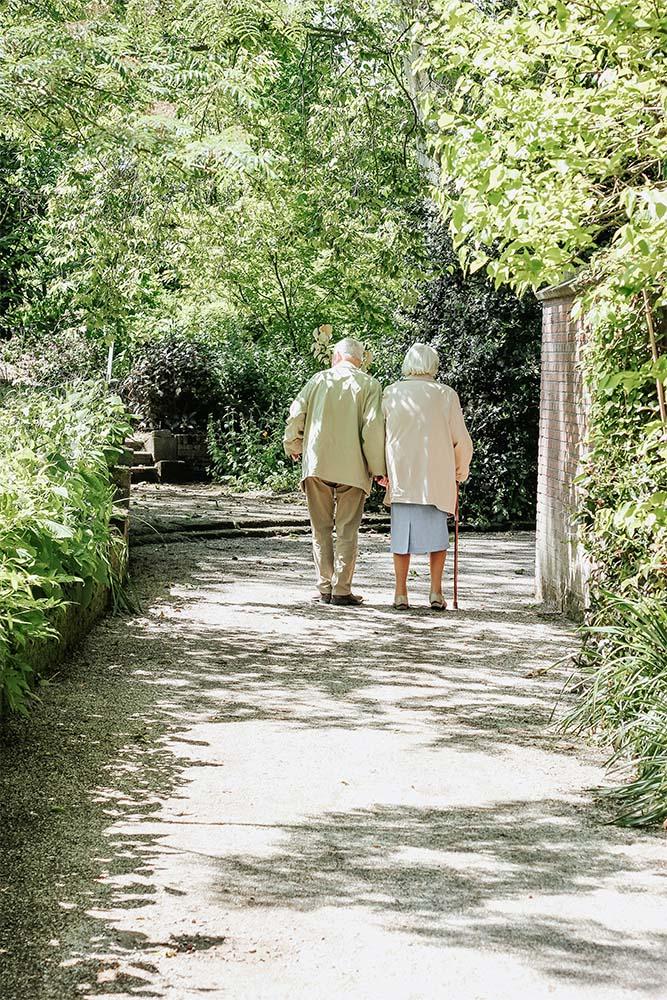
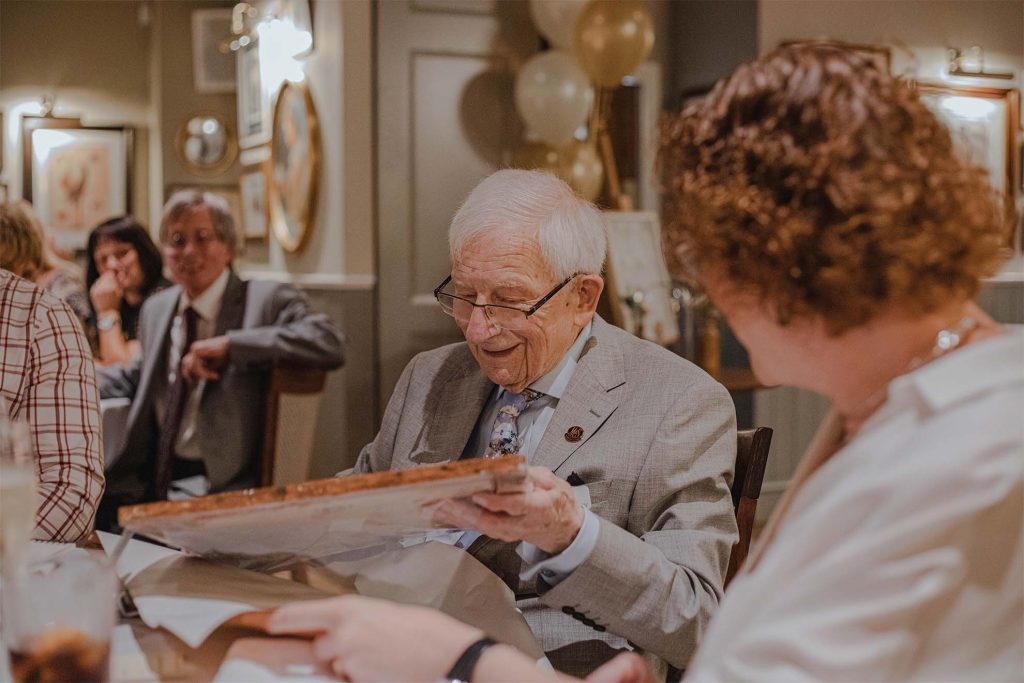
Benefits of Meaningful Activities
Interactive social lives are important for everyone, no matter your age. Allowing our residents to be socially active through meaningful group activities makes a huge difference to both their self worth and happiness. A lot of care homes set up social areas within their lounges or other spacious rooms to encourage residents to form friendships with one another. Likewise, within the care home, having a busy calendar full of social activities has been shown to improve emotional and physical well being and if residents take part in any regular exercise (however strenuous or gentle) it will allow them to become more mobile and flexible over time.
Here are some further benefits:
- Quality of life will be improved
- Daily routine will be structured
- You feel a sense of belonging and importance
- Helps with coordination, balance and muscle strength (all benefiting)
- Regular activities will lower your risk of strokes, dementia and heart disease
- Moving around more will help with thinking skills such as decision making and problem solving
- Any feeling of loneliness, boredom and stress will decrease
- Your sleep cycle will improve
The Importance of Mental Well Being
As we all are aware, being able to maintain mental well being, whilst having a positive outlook on life is highly important, particularly for residents within a care home. Some key areas to consider when it comes to the mental well being of a resident is their self esteem, optimism, having a purpose in life, feeling in control, feeling a sense of belonging and overall, feeling satisfied with life.
The majority of care homes will have a dedicated member of staff that will be an activities coordinator, ensuring residents have plenty of satisfaction through activities that are arranged regularly, either on a weekly or daily basis. The activities coordinator will also look after the mental well being as well as taking a closer look at the residents interests by tailoring the activities programme to their needs and preferences (person centred activities), all whilst ensuring the residents who want to, are taking part. All activities should be fun and varied, with the top priority of keeping all residents happy and content, living a fulfilled, interactive social life.
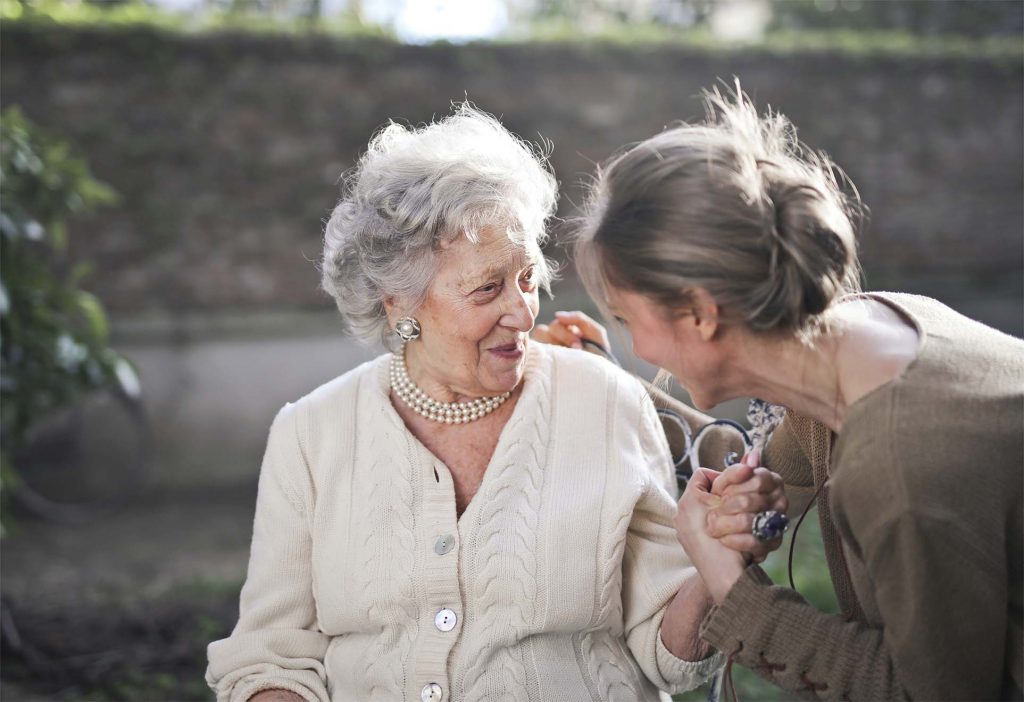

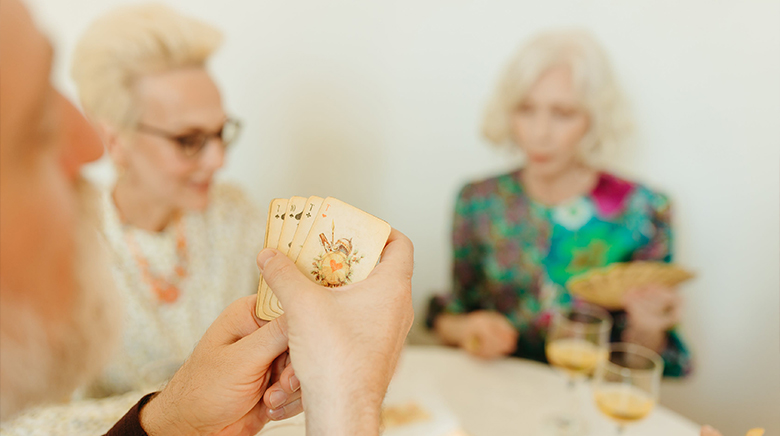
Types of Meaningful Activities
All activities should be varied to make sure there is something for everyone to get involved in and all residents should be actively encouraged to take part. This encouragement should then help to build a warm and welcoming community within the care home, overall improving life satisfaction. Activities should provide a sense of purpose to residents, if they create something by using skills from their personal life, former work or make a similar contribution to the care home, it could all become a rewarding experience for them. It’s important to illustrate why activities should be varied to suit everyones needs, some residents may not like taking part in competitive games, where as others may love reading and would rather get involved within a book club instead.
Here’s some examples of meaningful activities in a care home:
- Entertainment events and regular acts who perform in the care home such as musicians, entertainers and comedians
- Gardening and other outdoor activities (helps get out to enjoy the fresh air)
- Arts and crafts sessions
- Resident focused meet ups such as a weekly book club
- An equipped minibus to ensure residents get out and about on regular trips within your attractive local countryside, town or city
Meaningful Activity Ideas
Many care homes also offer exercise classes, residents can either take part standing or sat down, whatever works best for them. Classes like this pay a huge part in helping residents remain active, having a positive impact on building up confidence and feeling independent within their levels of care.
Here are some other ideas for meaningful activities:
- Arts and crafts such as painting, drawing or art classes,
- Book clubs
- Board and card games
- Gentle exercise classes
- Quiz nights
- Gardening
- Singing and dance classes
- Fewer arranging
- Games night
- Family days
- Afternoon tea
- Flower arranging
- Entertainment days/events
- Pet therapy
- Cooking
- Bingo
- Day trips out (local attractions)
- Birthday celebrations & other personal milestones
Here at Highlands Care Home, we’re excited to offer new and exciting activities for all of our future residents. There will be an abundance of options available to cater to all interests, from social occasions such as quizzes and games and entertainment visiting the home, to visits around North Devon for a day of exploring!

